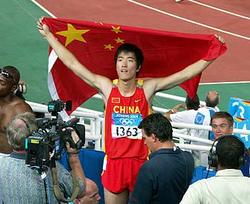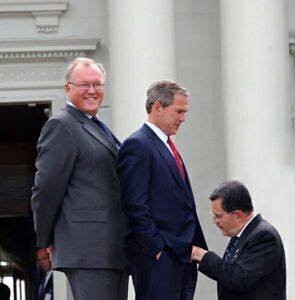This is not the only story I’ve seen of overseas business people going through a nightmare thanks to a Chinese partner from hell. But this one is certainly the scariest..
David Ji, a Chinese-American electronics entrepreneur, spent two months in custody enduring all-night interrogation sessions, but his stubbornness and occasional flashes of sarcasm infuriated his Chinese captors.
So in late December last year, according to a person who compiled a record of the encounter, guards emptied his pockets, removed his shoes and socks, and ripped the buttons off his oxford shirt. He was ushered disheveled and barefoot into the office of Zhao Yong, the chief executive of Sichuan Changhong Electric, Mr. Ji’s onetime business partner and, more recently, his warden.
“Your only way out is to do what Changhong tells you to do,” Mr. Zhao told him. “If I decide today I want you to die, you will be dead tomorrow.”
Mr. Ji soon agreed to cooperate with Changhong. But a year after the Chinese police apprehended him in his hotel room during a business trip, he remains in China as a pawn – Mr. Ji’s colleagues say a hostage – in a commercial dispute that pits Changhong, China’s largest television manufacturer, against Apex Digital, Mr. Ji’s electronics trading company based in Los Angeles.
Look, I know American business is cutthroat and brutal. But you’ll be hard-pressed to find cases of our imprisoning and humiliating business partners and denying them anything close to justice. (And yes, I know, we’ve done exactly those things to some alleged terrorists in Gitmo and it’s a disgrace – but this is about a business debt, not terrorism. Even if Ji committed theft or fraud — which he may have — the collusion between the police and business is unnerving.)
This huge article by Joseph Kahn should be required reading for those thinking of doing business in the PRC, especially overseas Chinese. You see, it’s an ethnic thing. If he had white skin and round eyes and a name other than Ji, the poor guy would never have been put through this ordeal.
The police from Mianyang, the city in southwestern Sichuan province where Changhong has its headquarters, apprehended Mr. Ji in Shenzhen, near Hong Kong, on Oct. 23, 2004. He entered a legal netherworld in which Changhong decided where he would be held in custody, when to interrogate him, and how he could help Changhong take over Apex, according to court documents, video recordings, and taped witness accounts compiled by people sympathetic to Mr. Ji. The records, which were also submitted to the State Department, were obtained independently by The New York Times.
Mianyang is a company town. The legal ambiguity partly reflects the tight bond between local corporate and government officials. It also reflects a risk of doing business in China that applies mainly to ethnic Chinese, dozens of whom have faced criminal charges after falling out with government-backed business partners. Overseas Chinese are often treated as subject to local authority regardless of their country of citizenship.
Ji was finally set free on bail in August and is in Chengdu, under what seems to be a form of house arrest, with some freedom to move around.


Comments